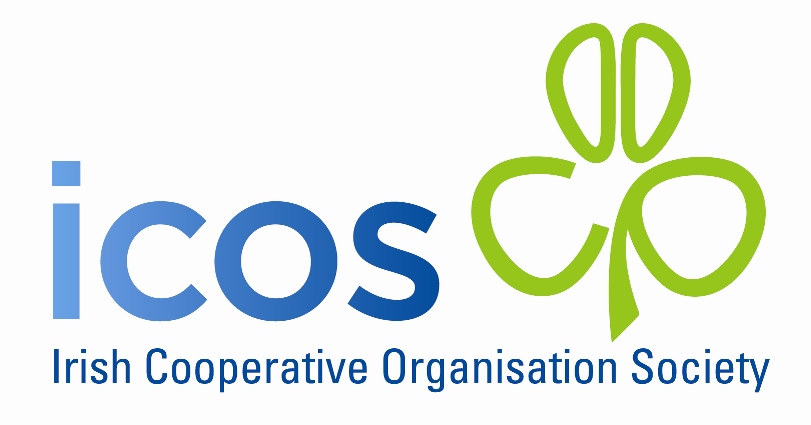ICOS notes meat factory concessions as ‘baby steps’ with a long distance to go

ICOS has said that the shift in position by meat factories as of last night’s industry negotiations is welcome but still represents baby steps in terms of the distance the factories need to go in supporting their direct supply chain and the primary producers who they rely on to underpin their industry.
ICOS welcomed the concession by the factories to reduce their residency period demand from 70 to 60 days, while stating that the factories needed to be dragged reluctantly towards this compromise rather than recognising the illogicality of their position in the first place.
In itself, sixty days is still an unproven, unscientific and arbitrary period selected by the factories for their own purposes, ICOS claims.
The extension of the bonus and the widening of the beef assessment grades is also welcomed by ICOS, however these various measures collectively are the minimum steps necessary to support the primary production sector.
If people want a beef industry in Ireland then primary producers and their economic viability must be supported or there simply won’t be any industry and the rural and national economy will suffer along with farming families.
ICOS repeated its view that the Quality Payment System is ‘generally dysfunctional’.
No scientific basis has ever been provided for the introduction of penalties on farmers’ cattle if an animal was moved more than 4 times or moved within the last 70 days (now to be 60 days). Instead these these penalising measures are included by the processors on a spurious basis as ‘quality parameters’. And regardless of the necessary grading, citing an animal as being inferior because it simply moves to or from another farm is wrong, ICOS stated.
The measures by the factories radically exceed the provisions of the Bord Bia Beef and Lamb Quality Assurance Scheme which allows for movements between quality assured farms during the final 70 day period prior to slaughter. Rather than enhancing ‘quality’, these practices stop free trade in animals even though the livestock are compliant with the relevant regulations in Ireland and the UK. This has subverted fair competition for livestock and has distorted trade and pricing in Ireland and the UK. It has also discriminated directly against open, transparent and competitive livestock sales in marts.
Irish factories have also developed very large feedlots with a throughput of tens of thousands of animals, enabling processors to increase supply at times of peak demand and to dampen market prices